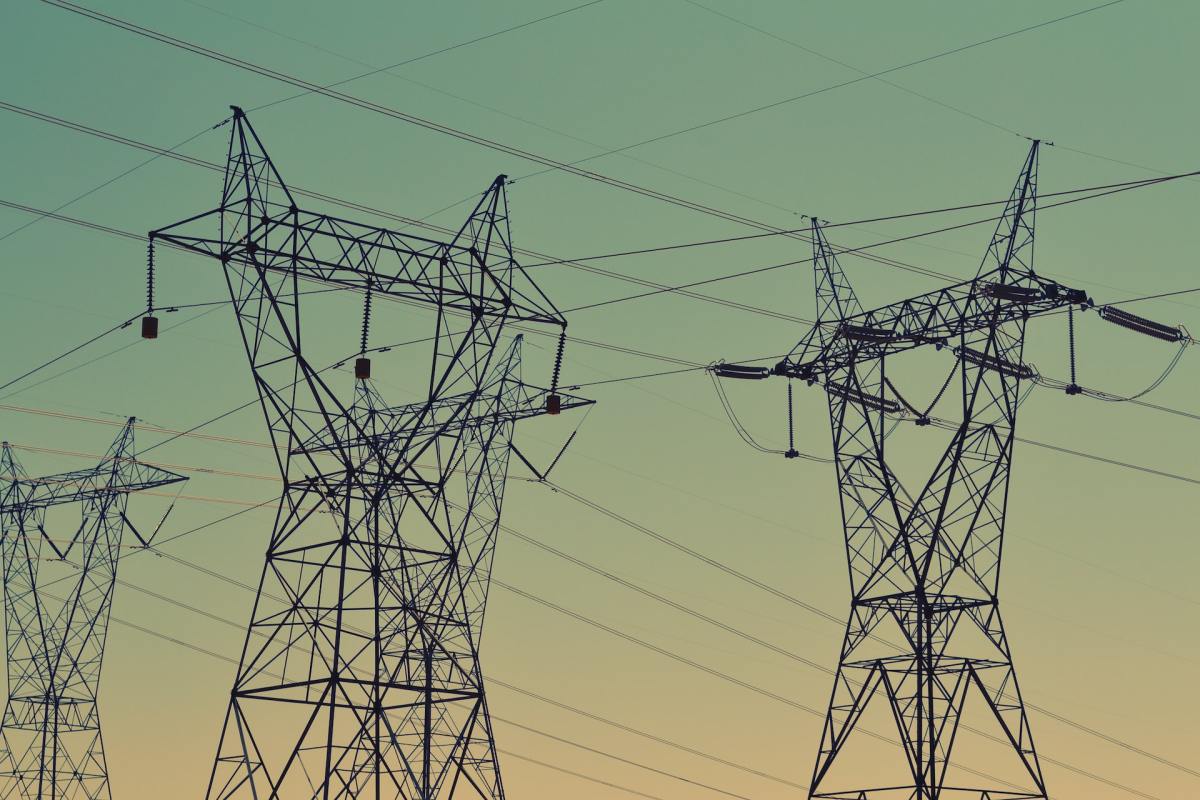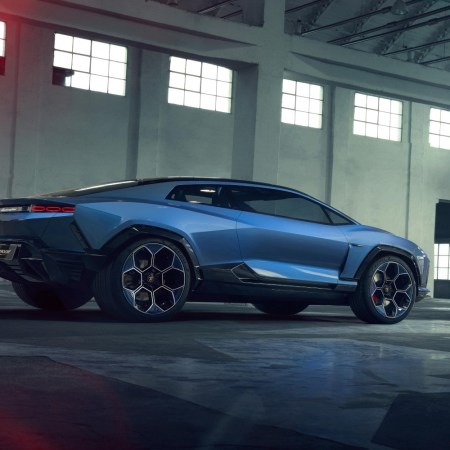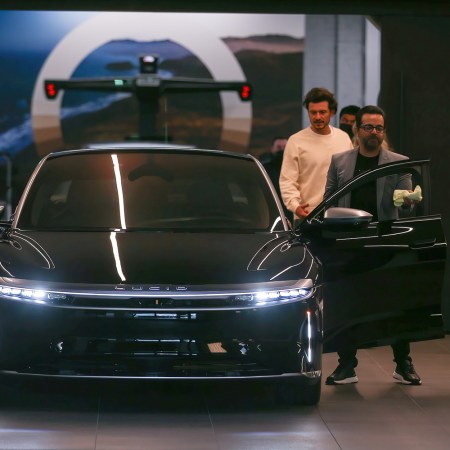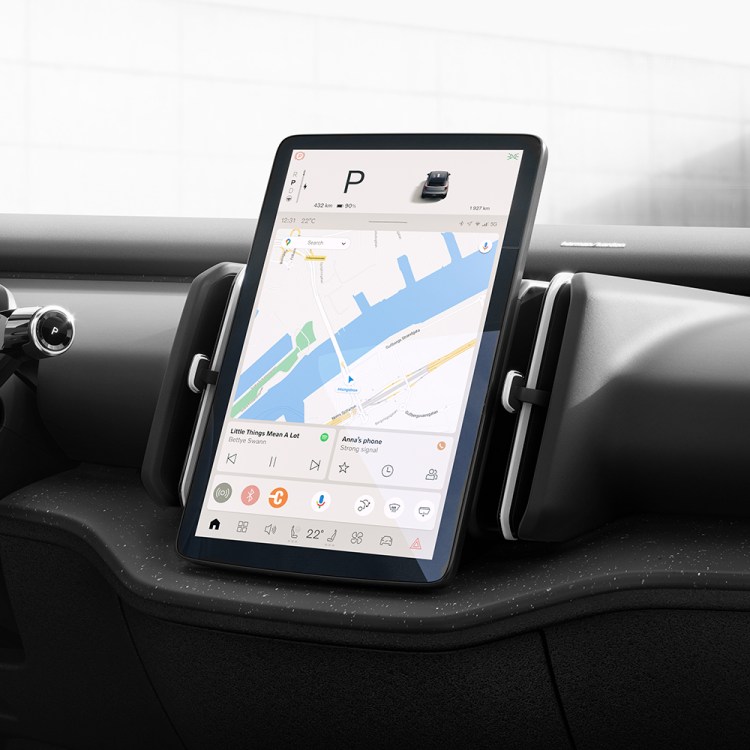Between automakers’ plans and government actions, the idea that a much larger percentage of electric vehicles will be on the road in five years — and an even larger percentage in 10 — feels like a foregone conclusion at that point. That’s going to spark a number of significant changes in everyday life, from the addition of charging infrastructure to subtle shifts in long road trips.
It also seems likely that a lot more people will be doing the bulk of their vehicular charging at home. But that, in turn, brings up questions of its own — like what a significant uptick in the amount of home chargers will do to the power grids that will be providing power for the chargers in question.
A new Bloomberg article (via Autoblog) ponders that very question. Among the data points that it brings up is the idea that the current number of electric vehicles don’t require that much power. The specific point of comparison chosen is relatively small, geographically speaking, with the article noting that “the global passenger EV fleet consumes a similar amount of electricity as Singapore.”
Overall, the article strikes an optimistic note, arguing that increases in renewable energy may be able to offset the growing demand as more EVs get out onto the road. It goes on to suggest some other steps that could be necessary, including encouraging drivers to charge their vehicles during off-peak hours. All told, it seems ideal to be considering these questions now, rather than a decade down the line.
Thanks for reading InsideHook. Sign up for our daily newsletter and be in the know.


















